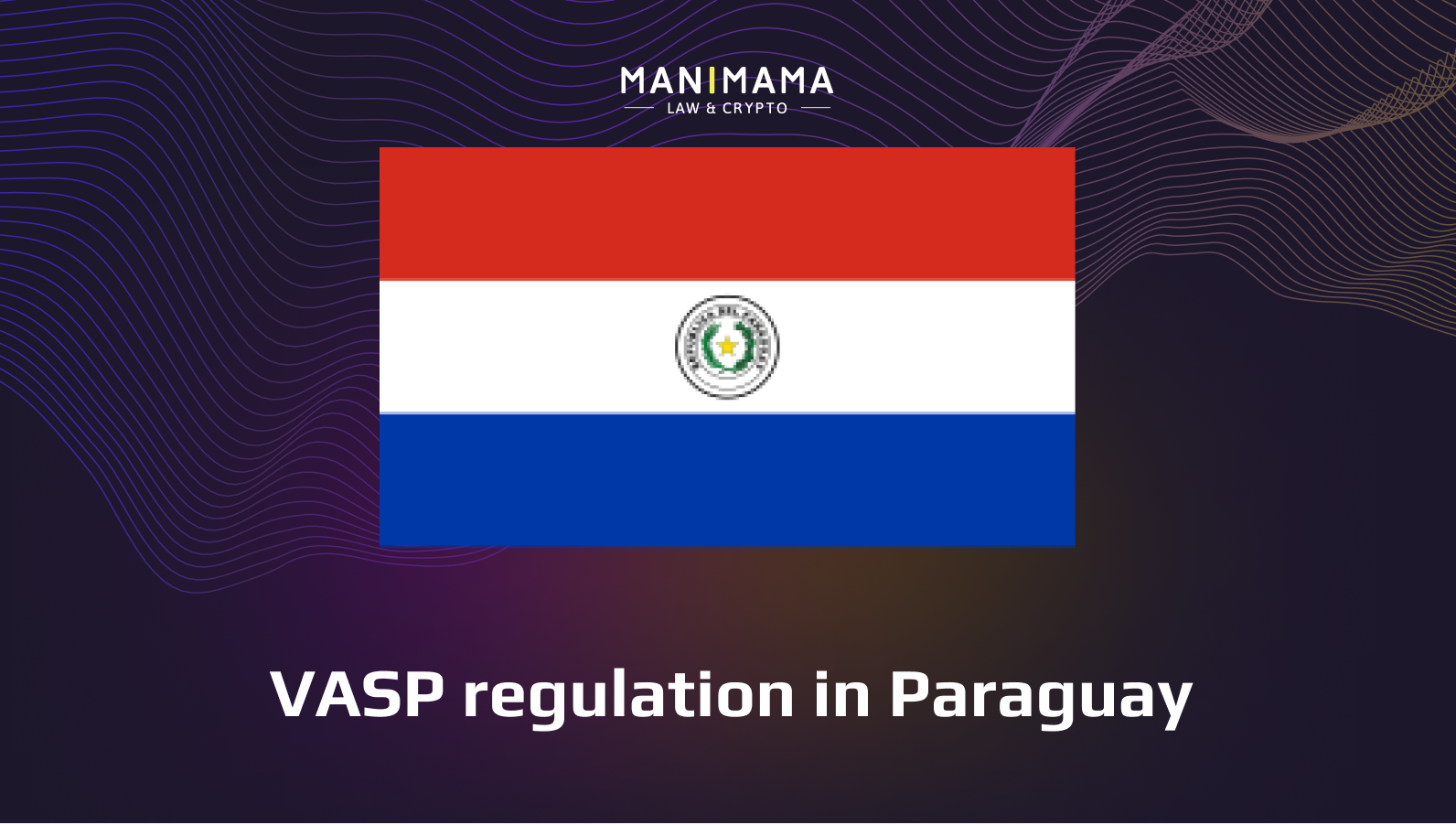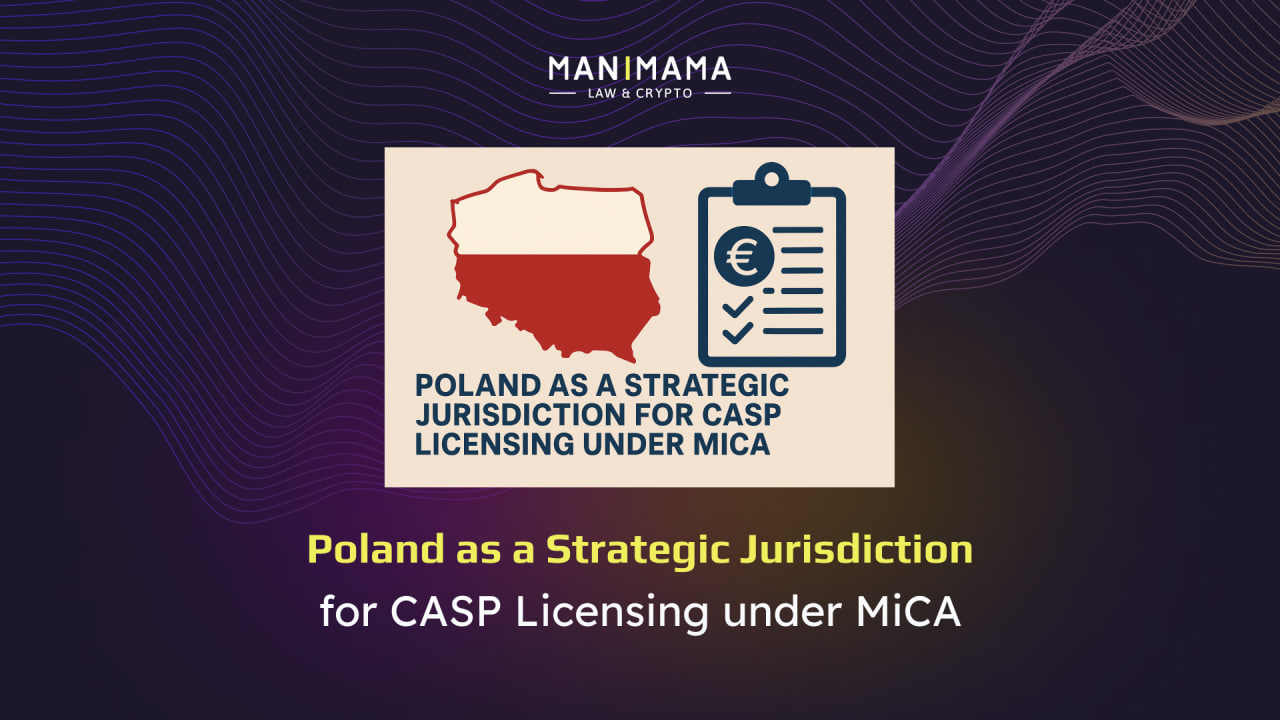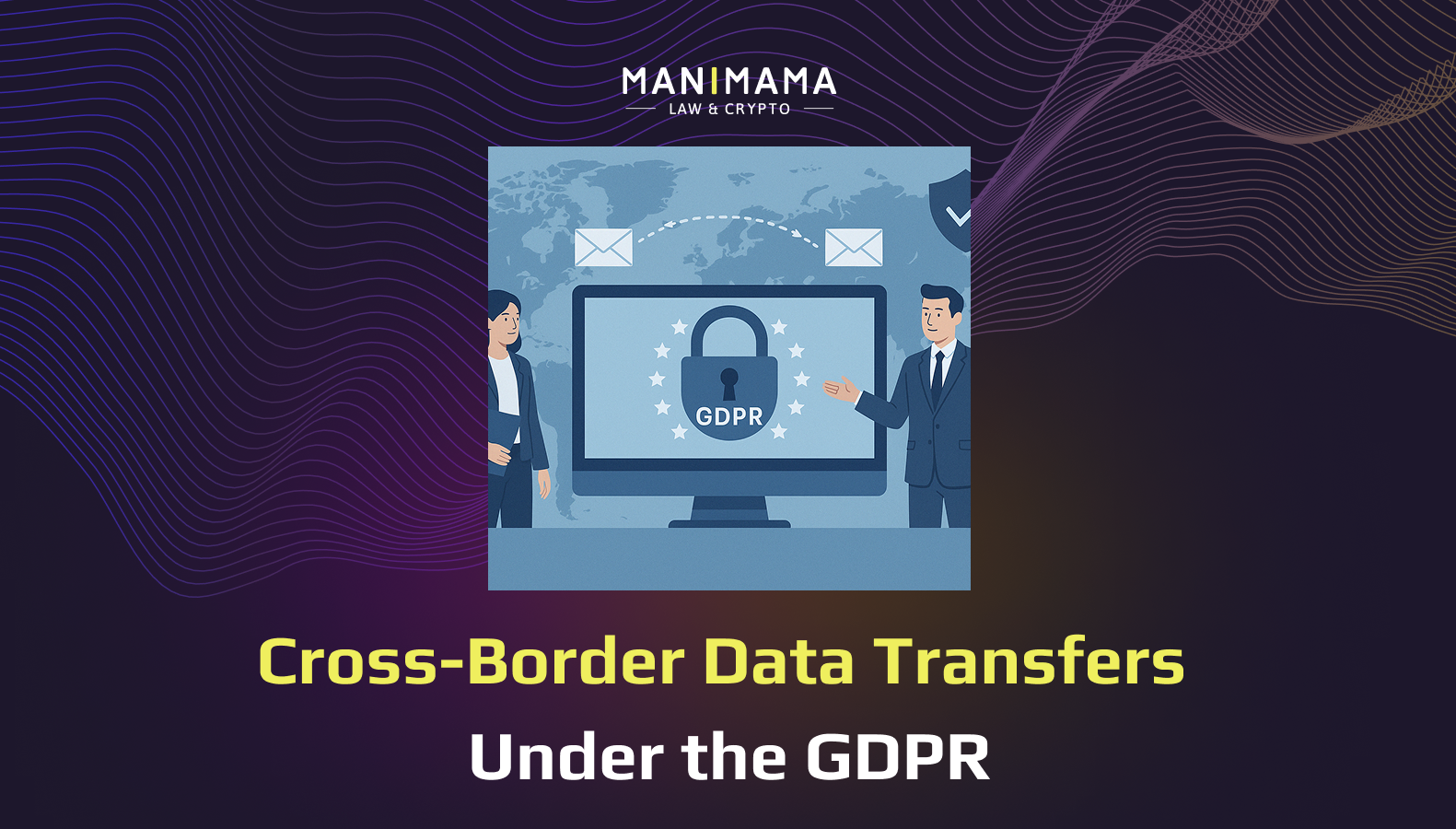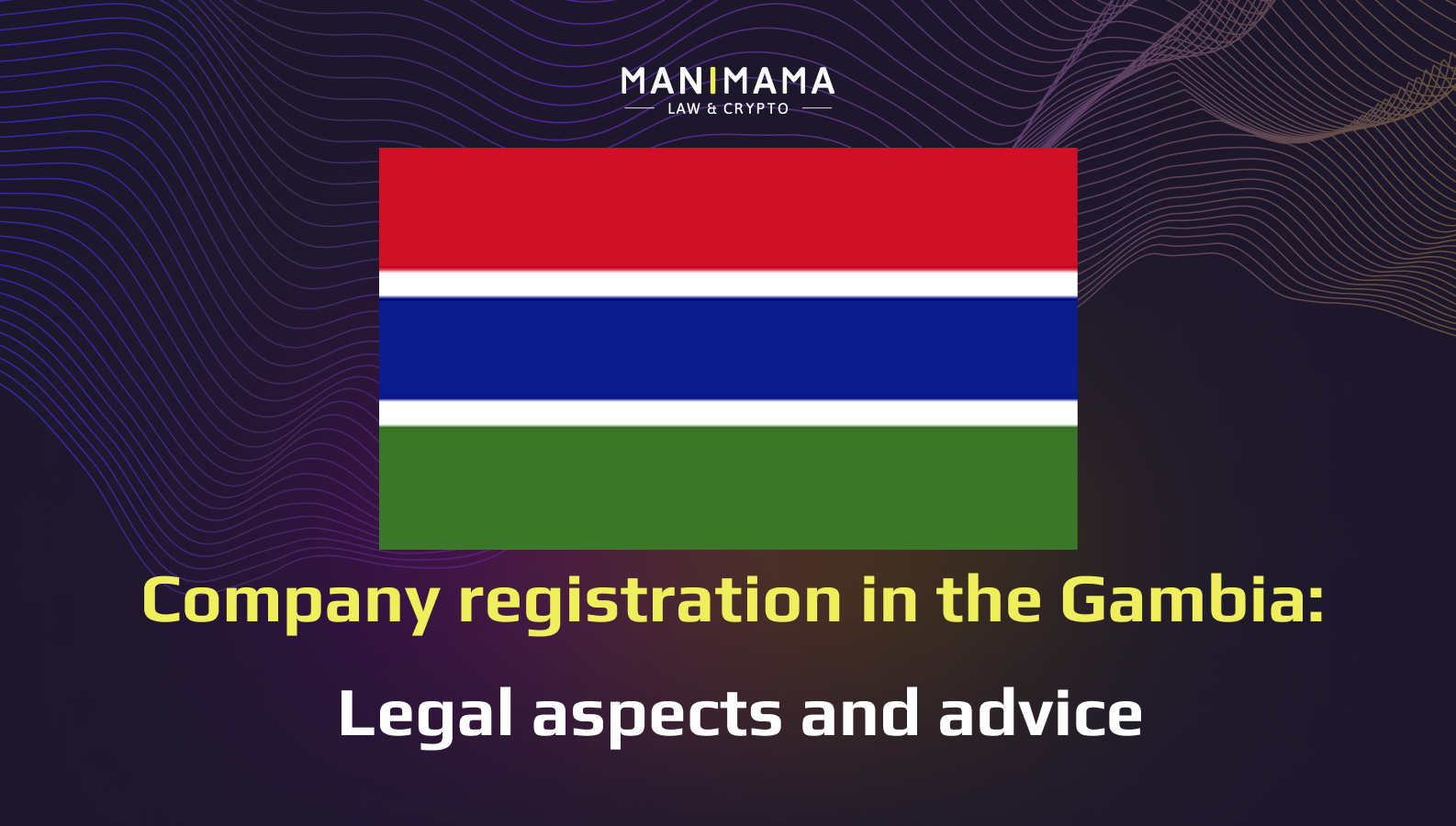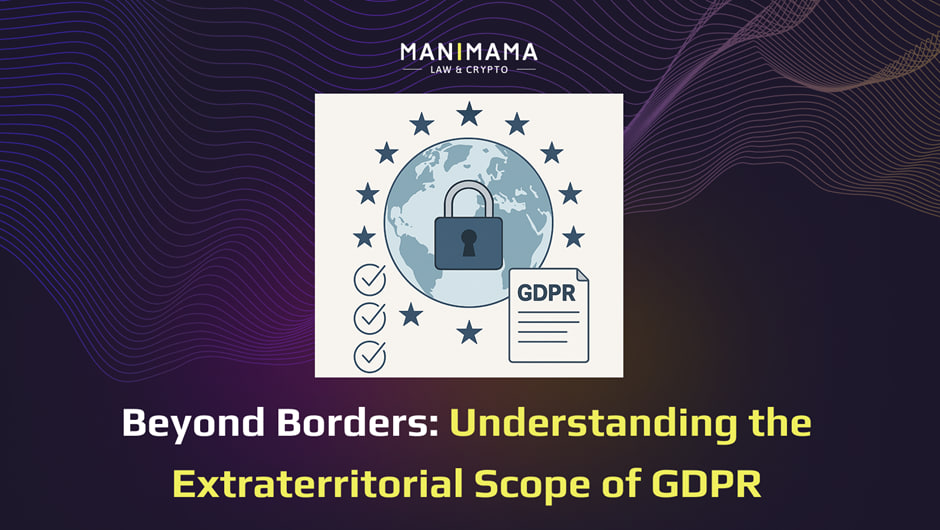Regulation of the cryptocurrency market is constantly becoming stricter. Nowadays jurisdictions impose high regulatory and risk management requirements on virtual asset service providers.
Despite this, we always manage to find a solution that suits the client. All the time our team provides research of the market and regulations on various markets to find the best jurisdiction. Recently we have made the global overview of the VASP regulation in the Latam Countries and are ready to share information with our future and existing clients. Today we will look at the features of obtaining a cryptocurrency license in Paraguay.
The law regulating the activities of VASPs
There is no special legislation, only a draft law that was eventually vetoed
VASP regulator
1. Ministry of Industry and Trade of Paraguay (MIC)
2. National Securities Commission (CNV)
3. Secretariat for the Prevention of Money and Property Laundering (SEPRELAD)
Activities included in VASP services
According to Article 3 of the draft law, VASP are individuals or legal entities engaged in mining or its equivalent, exchange, transfer, storage and/or management of virtual assets
VASP registration procedure for a local company
The draft law sets different conditions for licensing depending on the type of activity:
1. To mine virtual assets, individuals or legal entities must:
-obtain a permit for industrial energy consumption
-apply to the MIC for a license for the industrial exploitation of VA. To apply, the entity must comply with several requirements:
1) duly register a company
2) ensure the geographical location of the real estate where the industrial activity will be carried out. If the real estate is to be leased, the owner’s permission must be obtained
3) have an industrial and financial plan
The MIC makes a decision on approval or rejection of the application within 30 days from the date of submission of all supporting documentation
2. If a person intends to sell or store virtual assets for third parties, he or she must also register with SEPRELAD as a VASP
Requirements to the VASP after registration (corporate maintenance, reporting, substance)
According to the draft law:
The entities trading Virtual Assets must inform the acquirer of the conditions of trading with Virtual Assets, expressly notifying that virtual assets are not recognized as legal tender, therefore, they do not have the backing of the Central Bank of Paraguay
Liability provided for the activities of a VASP without local registration
According to Article 15 of the draft law:
Individuals or legal entities that carry out activities related to Virtual Assets in contravention of the provisions of this law and its regulations are subject to the corresponding administrative and criminal sanctions
The specific type of sanction will be determined by the responsible authority
Other important information
According to publicly available information, the Paraguayan government primarily wanted to regulate the mining of virtual assets. Nevertheless, in April 2024, it was reported that the Senate plans to ban such operations altogether
Thus, it is unclear how the situation with the legislative regulation of activities with virtual assets will develop further.
Our contacts
If you want to become our client or partner, feel free to contact us at support@manimama.eu.
Or use our telegram @ManimamaBot and we will respond to your inquiry.
We also invite you to visit our website: https://manimama.eu/.
Join our Telegram to receive news in a convenient way: Manimama Legal Channel.
Manimama Law Firm provides a gateway for the companies operating as the virtual asset wallet and exchange providers allowing to enter to the markets legally. We are ready to offer an appropriate support in obtaining a license with lower founding and operating costs. We offer KYC/AML launch, support in risk assessment, legal services, legal opinions, advice on general data protection provisions, contracts and all necessary legal and business tools to start business of virtual asset service provider.
The content of this article is intended to provide a general guide to the subject matter, not to be considered as a legal consultation.

